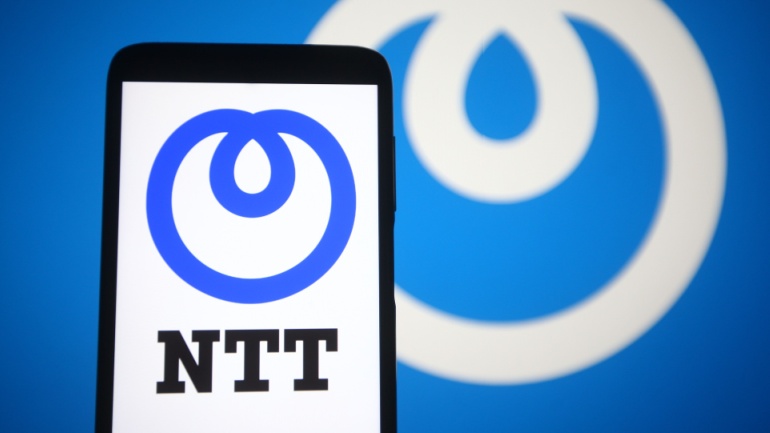At the Mobile World Congress (MWC) 2024, BT’s Division X unveiled a significant advancement in their technology offerings, introducing a multi-million-pound investment in a narrowband Internet of Things (NB IoT) network. This move is poised to revolutionize the IoT landscape across various sectors, promising a new era of smart cities and advanced agriculture. Chris Keone, the Managing Director of Division X, shared insights into how this technology is setting the stage for futuristic urban environments and industry transformations.
Manx Telecom’s strategic partnership with Aqua Comms promises to bolster the Isle of Man’s telecommunications infrastructure by introducing secured subsea fibre accessibility. The move aims to meet growing digital demands, enhancing the island’s connectivity in terms of security, capacity and resilience. This expansion also future-proofs the needs of data centre users and fibre broadband consumers by catering to emerging technologies.
Japan’s largest telecom provider, NTT, might get a break from longstanding regulations that have created competitive boundaries since its partial privatization back in the 1980s. But will this veer the industry off the road to a fair market environment? The proposed changes face major resistance, with critics highlighting the impact on national interests and the security of Japan’s telecom infrastructure.
Fastwyre Broadband, a legacy communications company, is investing $65 million into amplifying its fiber-optic infrastructure throughout Louisiana. The objective is to deliver unparalleled internet speeds, championing both residential and business connectivity requirements. CEO, Chris Eldredge, outlined the company’s profound commitment to fostering digital empowerment within local communities.
The 2021 ‘Build America, Buy America Act’ significantly reshaped U.S. telecommunications, demanding domestic purchases from companies eyeing a piece of the $42 billion BEAD funding. Despite industry concerns, majority purchase from U.S. vendors remains crucial.
CWCS, a well-established telecommunication company, is amplifying its services through the strategic acquisition of a new site in response to growing customer demands. With an elaborate suite of colocation and cloud services, the company continues to fortify its role as a trusted partner in data hosting.
In a realm shaped by technological leaps, communication is paramount. The clash between VoIP and traditional telephony unfolds a saga of innovation. Landlines tethered us, but VoIP liberated. Its cost-effectiveness, mobility, and rich features redefine connectivity. Traditional providers adapt, but VoIP’s journey continues, merging with AI, 5G, and virtual realms, pushing communication beyond limits.
Intelsat has recently made headlines with several announcements at the Mobile World Congress (MWC), highlighting the evolving role of satellite connectivity in today’s digital world. Among these announcements was the notable expansion of its partnership with Openserve, a South African telecommunications infrastructure provider, to include cutting-edge hardware and enhanced satellite services. This move underscores a broader shift in the satellite connectivity landscape, from a focus on remote areas to a versatile tool for modern telecommunications challenges.
In a groundbreaking development, Rakuten Mobile, in partnership with Nokia, has successfully conducted a trial demonstrating the capability of transmitting data at a rate of 1 terabit per second (Tbps) over a single wavelength. This trial spanned an impressive distance of 820 kilometers across both subsea and terrestrial networks in Japan, setting a new benchmark in the Asia Pacific region for this level of data transmission.
In a recent analysis, Vodafone has highlighted a significant opportunity cost for UK’s small and medium-sized enterprises (SMEs) due to the sluggish deployment of standalone 5G technology. According to the telecommunications giant, UK businesses are forgoing approximately £8.6 billion annually in potential productivity gains, a situation that also threatens the country’s competitiveness in Europe.













